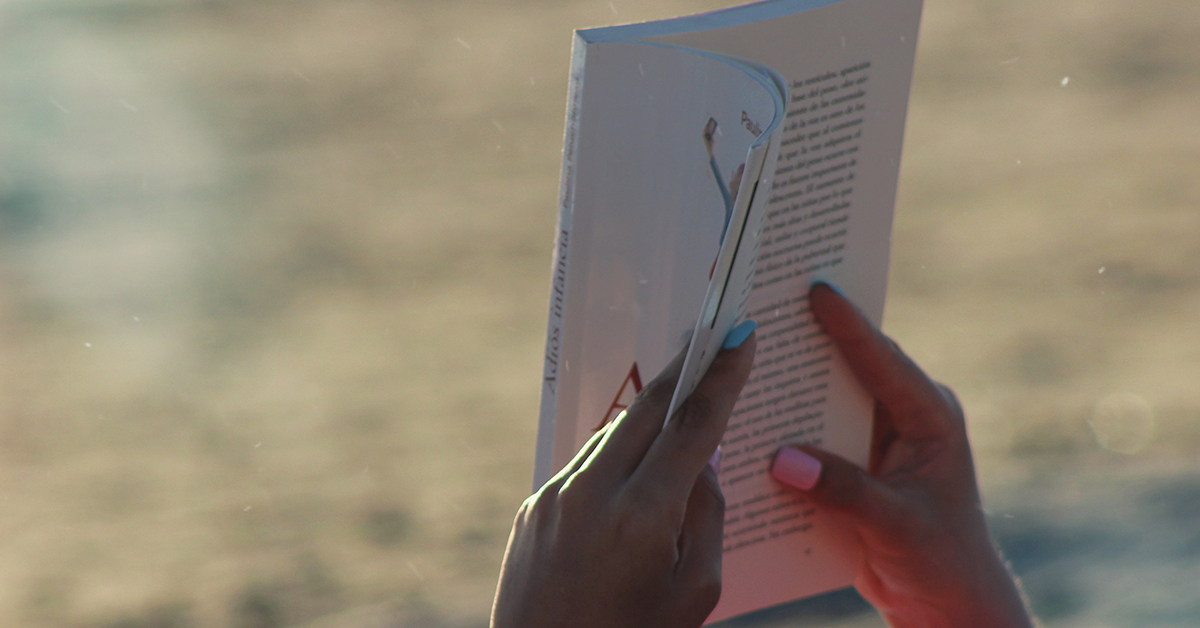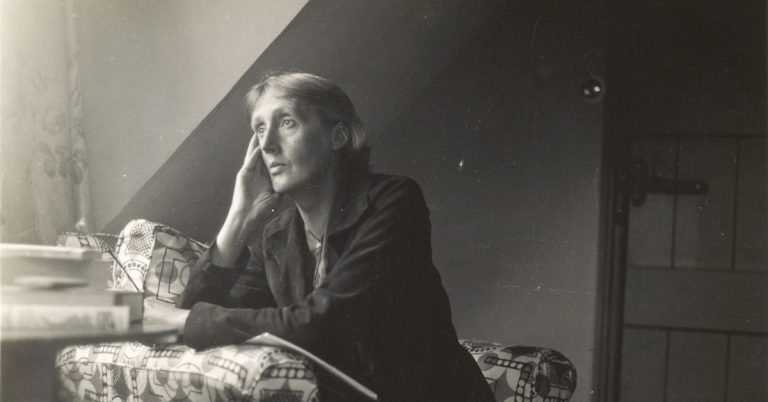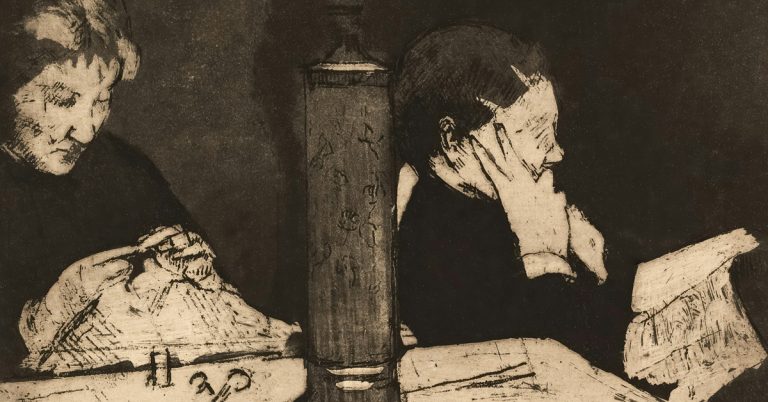
By Laura McCormick Kilbride, Ruth Jackson Ravenscroft, and Simone Kotva
Is reading a theological activity? This is a question which only invites further questions. How a person responds to it will reveal as much about their presuppositions and their training as a reader as it does their discipline. However, whatever their personal background or academic field, the contributions in this special issue of CounterText suggest how deeply reading as an activity is implicated in questions of truth and meaning.
‘Theologies of Reading’ emerged out of a year-long workshop series at the Centre for Research in the Arts, Social Sciences and Humanities (CRASSH), at the University of Cambridge (2017 –2018) which aimed to investigate the relationship between theology and reading. The participants came from a wide range of fields, including history, translation studies, legal history, literary criticism, media studies, religious studies, and theology. Two speakers were invited to lead each session as a dialogue prompted by a proposed topic, and each meeting ended with a focused discussion of two short texts selected by the speakers. Religious practice was a recurrent theme. The initial idea behind the project was to explore the historical and theoretical connections between reading as theory and reading as practice, and the consequences for contemporary reading habits in a ‘secular’ age.
The resulting conversations, some of which we present in this issue, reveal a rich constellation of perspectives, an eagerness to experiment with styles of reading as well as to explore discourses about reading. Above all, they witness a desire to trace new paths between the sacred and the secular. New forms of theology emerge in explorations of the familiar traditions within the Abrahamic faiths. Christian, Islamic and Jewish methods of sacred reading are placed alongside non-theological reading practices, such as the scansion or translation of a line of poetry, manuscript-hunting or close reading.
Our constant concern throughout the seminar series and in this special issue is with practices, evident especially in traditions of sacred reading, of attention. The contributions seem to return constantly to attention, both in relation to the text and in relation to the reader, as if the ability to read and read well were inextricable from a willingness to slow down and take note of the process of reading itself: single words and phrases; the body’s gestures and situatedness; belief and vocation; translation; deep structures and cognitive dissonance. What they show is reading’s “double vision” – one eye receptive to external “content,” the other to that internal stream of sensations which, in religious traditions, becomes associated with the true or “spiritual” meaning of a text; and the reader’s inability, ultimately, to prize apart these two perspectives.
Considered as a whole, this special issue suggests that reading offers a new way of approaching the fraught question of how religion relates to secularity. Reading seems to be able to negotiate this unhelpful dichotomy by pursuing the practical and experimental techniques that constitute ‘world-views’ and ‘beliefs’. Philosophers have known for a long time that it is no use examining belief without considering also the conditions that make belief possible, and yet the process of reading has as yet received scant acknowledgement in these discussions. In order to understand how reading might shape the experience of the sacred or of the secular, we must to return to the question of practice. The essays in this special issue of CounterText seek to initiate that return and sketch its future possibilities.

CounterText focuses on contemporary literary and post-literary cultures, publishing articles, interviews and creative work centred on the study of literature and its 21st-century extensions. It poses questions such as: Is literature what it used to be? Are the broader resonances of the literary being overtaken in the drifts towards image cultures, digital spaces, globalisation and technoscientific advances? Or might the literary simply be elsewhere? Find out how to subscribe, or recommend to your library.





